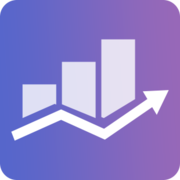SEO success relies on having the right tools to uncover opportunities, fix issues, and track progress. After years of optimizing websites across different industries, I've assembled this collection of tools that help me consistently improve search performance for clients and my own projects.
This stack includes both mainstream platforms that handle core SEO functions and specialized tools that solve specific problems. Whether you're managing SEO for enterprise sites or growing a small business online, this combination of tools will give you both the high-level view and granular insights needed to outperform competitors in search results.
I've divided these into primary workhorses and specialized tools that address particular SEO challenges, based on what actually delivers results rather than what has the flashiest features.
The Tools
SEMrush
The Command Center
SEMrush serves as my primary SEO hub, offering comprehensive keyword research, competitor analysis, and rank tracking in one platform. Its site audit tool quickly identifies technical issues while the content gap analysis reveals opportunities competitors are capitalizing on that you're missing.
What makes SEMrush essential is how it connects different aspects of SEO into a coherent strategy. The position tracking dashboard has become my morning ritual - checking client rankings over coffee before diving into specific optimization tasks. The backlink analytics tool has helped me identify link building opportunities that would have been impossible to spot manually.
Screaming Frog
The Technical Deep Dive
Screaming Frog crawls websites like a search engine would, revealing technical issues that can hurt your rankings. It identifies everything from broken links and redirect chains to duplicate content and missing meta descriptions.
This tool has saved countless hours of manual checking and caught problems even comprehensive platforms miss. I once found an entire section of a client's site that was accidentally blocked from search engines, explaining their sudden traffic drop. For larger sites, the ability to export specific issues and prioritize fixes based on importance is invaluable for managing SEO projects efficiently.

BrightLocal
Local SEO Powerhouse
BrightLocal specializes in local search, managing Google Business Profiles, local citations, and reputation monitoring across multiple locations. The local search audit quickly identifies areas where local visibility can be improved.
For businesses with physical locations, this tool has been game-changing. The citation tracking alone has saved hundreds of hours manually updating business information across directories. The local ranking reports show performance within specific geographic areas, giving much more relevant data than national rank tracking for local businesses.
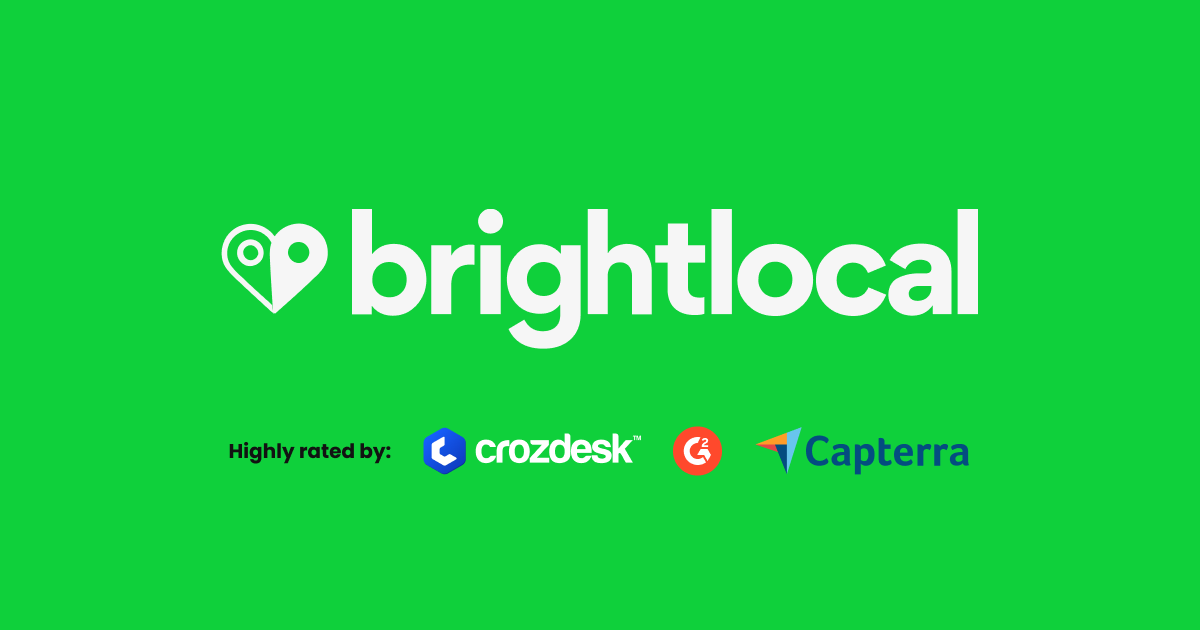
Surfer SEO
On-Page Optimization Assistant
Surfer SEO analyzes on-page factors across top-ranking pages, giving you specific recommendations for content length, keyword density, and HTML structure. The SERP Analyzer shows exactly what's working for competitors, including content structure and word count.
The Chrome extension is a standout feature, allowing real-time content editing guidance as you write. I've found that content optimized with Surfer tends to rank faster than content that isn't, particularly for competitive terms. The data-driven approach takes the guesswork out of content creation and provides clear benchmarks for what "good" looks like in your specific niche.

GTmetrix
Performance Optimization
GTmetrix evaluates website performance metrics critical for both SEO and user experience. It provides detailed loading waterfall charts, page speed scores, and specific recommendations for improvement.
With Core Web Vitals now a ranking factor, this tool has become essential for identifying performance bottlenecks. I've used the comparison feature to demonstrate how performance improvements directly correlate with ranking improvements for clients. The ability to test from different geographic locations also helps optimize for target markets where server response time might vary.
Rank Math
WordPress SEO Plugin
Rank Math brings comprehensive SEO capabilities directly into WordPress, with features like schema markup generation, redirect management, and content analysis. Its intuitive scoring system makes optimizing content straightforward even for SEO beginners.
The schema markup generator alone saves hours of manual code implementation, automatically structuring data for rich results in search. I've found the internal linking suggestions particularly valuable for improving site structure and distributing page authority. For WordPress sites, it strikes the perfect balance between powerful features and usability.
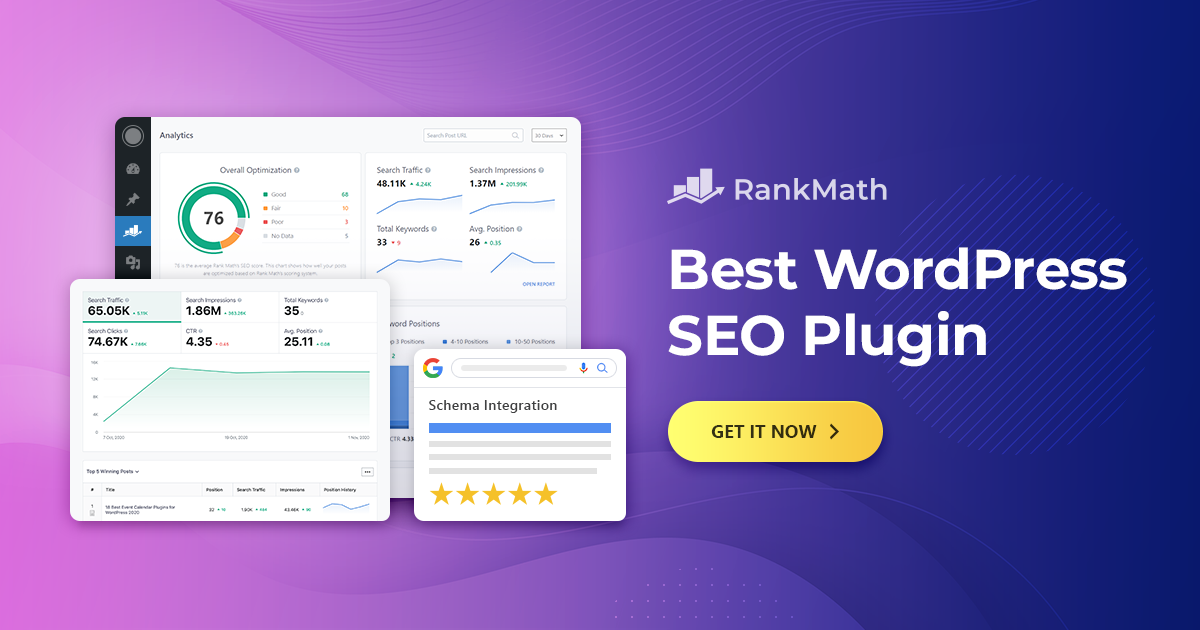
Sitechecker
All-in-One SEO Monitoring
Sitechecker provides continuous website monitoring, comprehensive audits, and rank tracking in one affordable package. The backlink monitoring feature alerts you when links are gained or lost, helping maintain your link profile proactively.
What I appreciate most is the white-label reporting that makes sharing results with clients simple and professional. The on-page checker goes beyond basic elements to analyze semantic relevance and content quality. For agencies managing multiple client sites, the multi-project dashboard gives a quick overview of all sites' health and performance without switching between accounts.
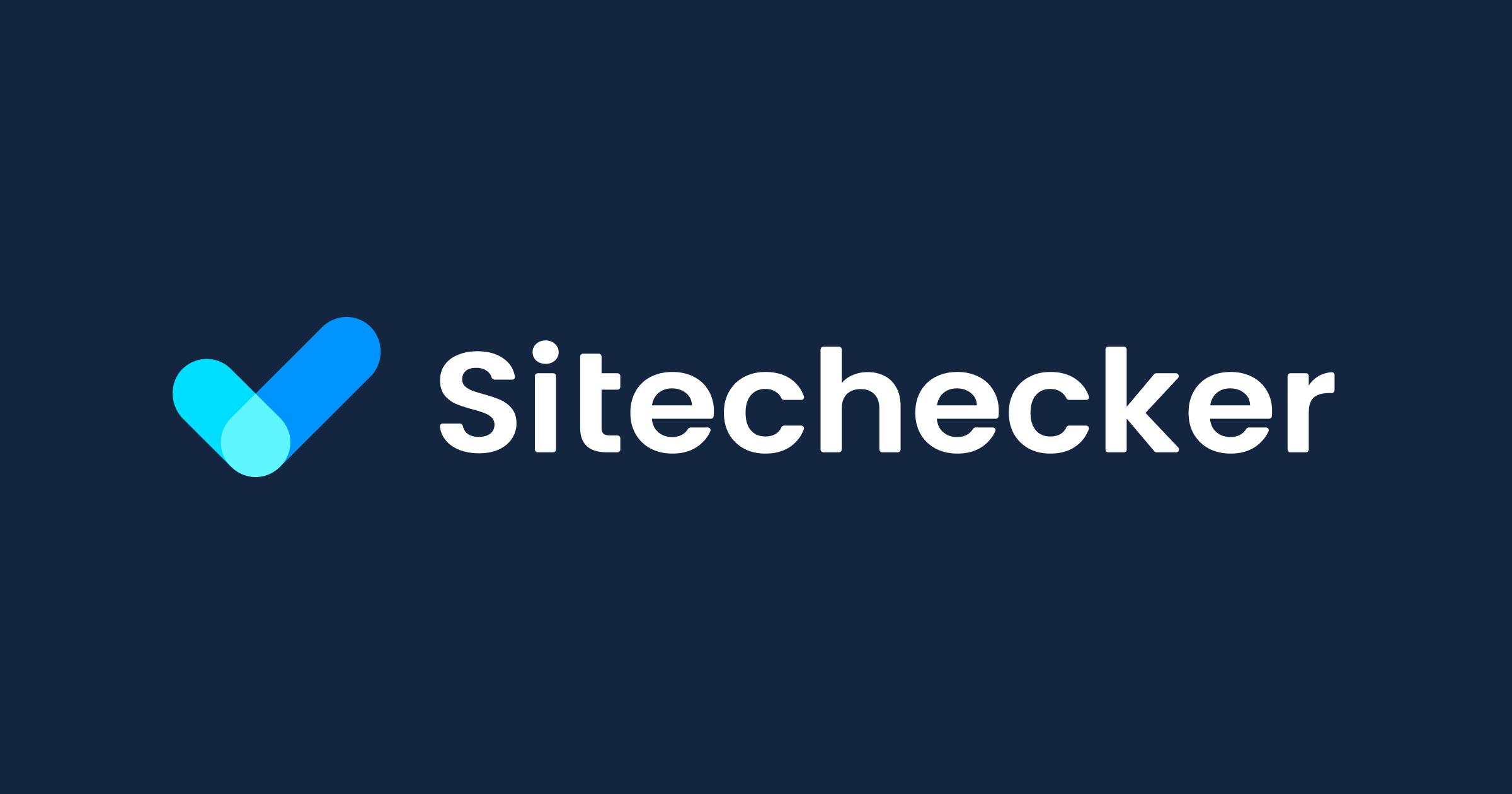
HARO (Help A Reporter Out)
Organic Link Building Platform
HARO connects journalists seeking expert sources with individuals who can provide insights. By responding to relevant queries, you can earn high-quality backlinks from media publications.
This free service has become a cornerstone of my link building strategy, resulting in placements on major news sites that would be nearly impossible to get through outreach. The key is being selective about which queries to respond to and providing genuinely helpful, quotable information. I've secured links from sites with domain authority over 90 through consistent participation.

LinkWhisper
Internal Linking Assistant
LinkWhisper uses AI to suggest relevant internal linking opportunities as you write content. It also identifies content with few internal links and suggests where connections could be made.
Internal linking is often overlooked, but this tool makes it nearly automatic. The bulk internal linking feature has been particularly useful when optimizing older sites with hundreds of posts. On several occasions, I've seen significant ranking improvements simply by implementing its suggested internal links, helping search engines better understand content relationships and topical relevance.

SchemaWriter.AI
AI-Powered Structured Data Generation
SchemaWriter.AI takes the complexity out of structured data implementation by using artificial intelligence to automatically generate, validate, and deploy schema markup. The tool analyzes your content and creates appropriate schema without requiring technical expertise.
What impressed me most is how it identifies entities and relationships within your content that you might never have thought to mark up. For an e-commerce client, it discovered and implemented product review aggregation markup that resulted in star ratings appearing in search results within days. The AI adaptation feature keeps schema updated when content changes, eliminating the maintenance headaches that plague manual schema implementation.
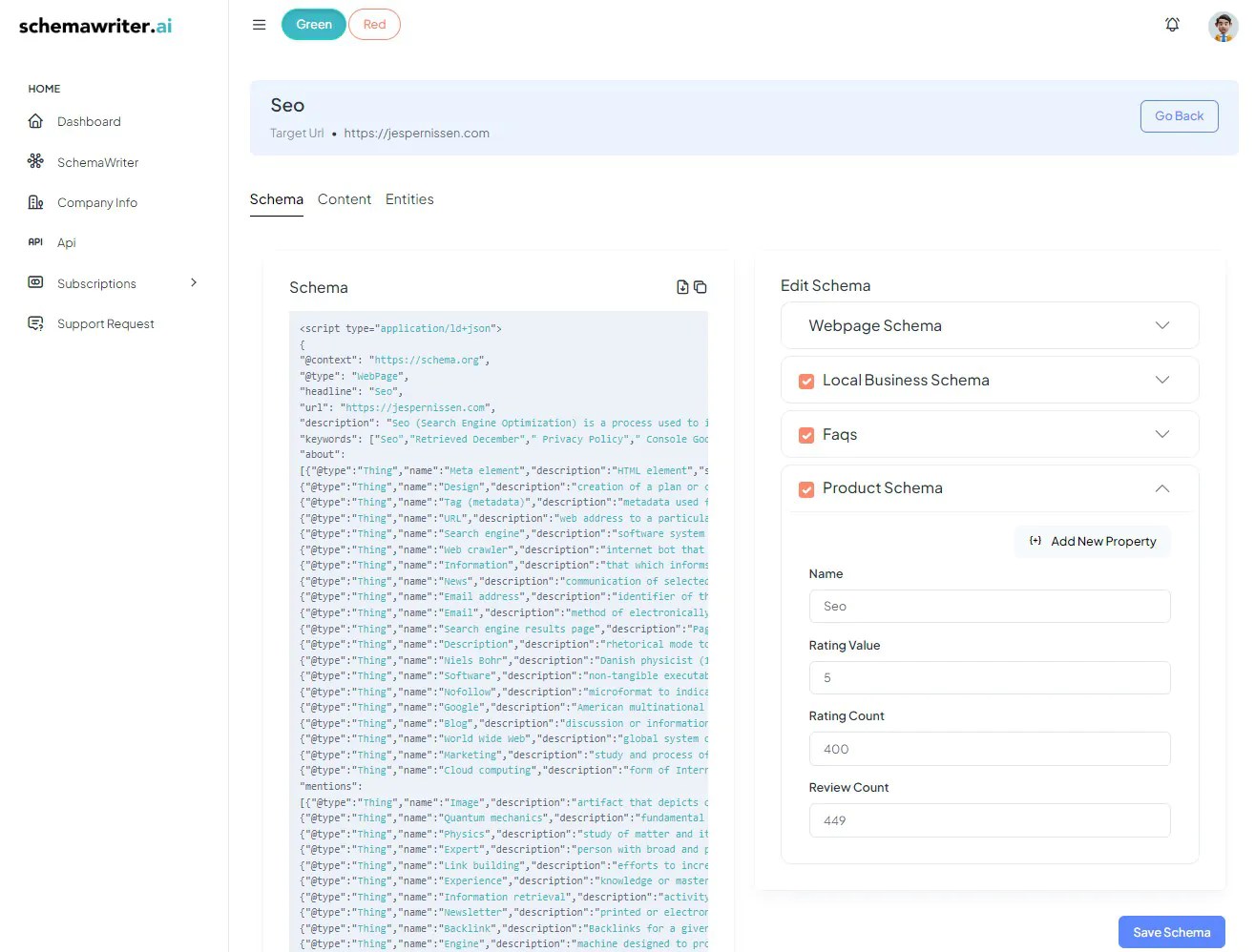
That's my SEO tech stack
Building an effective SEO tech stack requires balancing comprehensive platforms with specialized tools that excel at specific tasks. While the core tools like SEMrush and Screaming Frog will handle most of your needs, it's often the niche tools that provide the competitive edge in particular areas of SEO.
This collection has evolved through years of testing and practical application across different types of websites. Some tools have come and gone as search algorithms and best practices have changed. What remains constant is the need for tools that provide actionable insights rather than just data.
For SEO professionals looking to maximize organic visibility while efficiently managing their workflow, this stack provides both the broad coverage and specialized capabilities needed to succeed in increasingly competitive search results.




